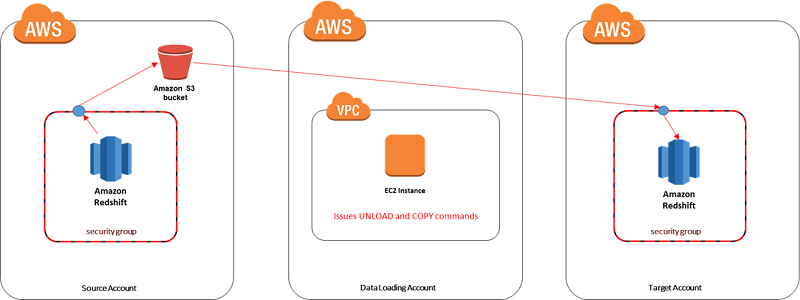
COPY performs a compression analysis phase when loading to empty tables without column compression encodings. This analysis checks for COPY operations delayed by automatic compression analysis. Rebuilding uncompressed tables with column encoding would improve the performance of 2,781 recent COPY operations. The performance savings is probably not that big of a deal for us, though.I received from an AWS adviser the following message:Ĭhecks for COPY operations delayed by automatic compression analysis. is x greater than equal to a and is x less than or equal to b).

So instead of this: SELECT * FROM baby_names WHERE year >= 2010 AND year <= 2014 The structure of the clause is: some_value_or_column BETWEEN lower_bound AND upper_bound The BETWEEN keyword is pretty straightforward.

Or, I guess if you prefer to think of things in OR, this would work too: SELECT * FROM baby_names WHERE NOT ( state = 'CA' OR state = 'NY' OR state = 'TX' ) īoth of the above formulations is equivalent to this use of NOT IN: SELECT * FROM baby_names WHERE state NOT IN ( 'CA', 'NY', 'TX' ) Specifying a range with BETWEEN The following query finds all data rows in which the state is neither California, New York, nor Texas: SELECT * FROM baby_names WHERE state != 'CA' AND state != 'NY' AND state != 'TX' The NOT IN comparator works the same as if we used multiple conditions that used != and were joined with AND (i.e. The following two queries are equivalent: SELECT * FROM baby_names WHERE state = 'CA' OR state = 'NY' OR state = 'TX' SELECT * FROM baby_names WHERE state IN ( 'CA', 'NY', 'TX' ) Using NOT IN to exclude multiple possibilities The IN keyword can be seen as a way to clean up multiple OR conditions. Using IN to match against multiple possibilities You may not actually use it, but it is there, because of course it's there. But I include NOT LIKE because its existence and functionality is a natural consequence with how NOT and LIKE and the rest of SQLite syntax works. In fact, I can't think of a time where I've actually used NOT LIKE except just now, which may explain the lameness of my example. Note: There must be better ways to phrase the above query. To find all names that begin with the letter J but do not have the letter e in them: SELECT * from baby_names WHERE name LIKE 'J%n' AND name NOT LIKE '%e%' The NOT keyword can be used to negate a LIKE operator, similar to what != is to =.
Try running the previous query using % instead of _ to see the difference.



 0 kommentar(er)
0 kommentar(er)
